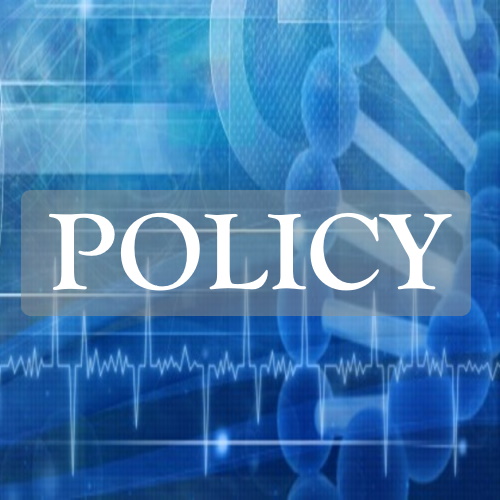Key points from article :
Animal testing has long been a cornerstone of scientific research, contributing to medical breakthroughs such as COVID-19 vaccines and cancer treatments. However, the limitations of animal models are becoming increasingly evident, as many drugs that succeed in animal trials fail in humans—around 90% of the time. This disconnect stems from fundamental differences in biology between humans and animals, prompting a shift toward human-relevant alternatives in biomedical research.
Researchers are now turning to cutting-edge technologies such as lab-grown organoids, "organs-on-a-chip," and AI-driven predictive models. These methods mimic human biology more accurately, reducing the need for animal testing while improving drug development efficiency. For example, liver chips by the company Emulate have shown a significantly higher accuracy in detecting drug toxicity compared to traditional animal models, potentially saving billions of dollars in pharmaceutical development.
The transition away from animal models is also being supported by legislative and policy changes. In recent years, laws in the U.S., Europe, and Australia have reduced mandatory animal testing requirements, and agencies like the NIH and FDA are funding the development of alternative methods. However, regulatory uncertainty and entrenched practices still pose challenges, slowing the widespread adoption of these innovations.
The shift toward human-centric models represents a cultural and scientific evolution in research. While some fields, like cosmetics testing, have made substantial progress, complex biomedical research will take longer to transition. Nevertheless, advancements in alternative models not only promise better outcomes for human health but also signal a future where animal suffering in laboratories could largely become a thing of the past.





